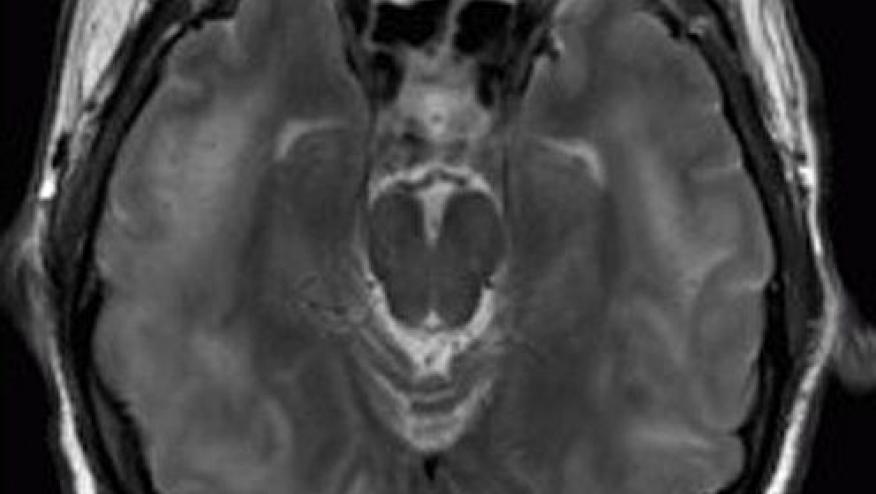Posterior Reversible Encephalopathy in Lupus Save

Posterior reversible encephalopathy syndrome (PRES) is a rare neurological disorder with many associations or causative factors. PRES has been linked to renal failure, hypertension, autoimmune disorders, eclampsia, cytotoxic and immunosuppressive use.
Common manifestations include acute-onset headaches, altered mental status, cortical blindness, seizures, tinnitus and acute vertigo. The diagnosis is established with imaging showing posterior cerebral white matter lesions.
This is a rare manifestation within the spectrum of lupus neuropsychatric manifestations. The literature includes over 50 reports of lupus-related PRES, most of whom are receiving immunosuppressive drugs.
Two literature reviews show that SLE patients with an increased risk of PRES are more likely to be younger females, hypertensive, with renal insufficiency, active disease, lymphopenia, and hyperlipidemia. (Citation source http://buff.ly/1WduDzl)
The diagnosis is established by brain magnetic resonance imaging with occipital/posterior cortical and white matter alterations with white matter edema involving the posterior parietal and occipital lobes. Hemorrhagic complications occur in one-quarter of lupus PRES patients, and may have chronic sequelae. Clinical recovery is usually but not always complete.







If you are a health practitioner, you may Login/Register to comment.
Due to the nature of these comment forums, only health practitioners are allowed to comment at this time.